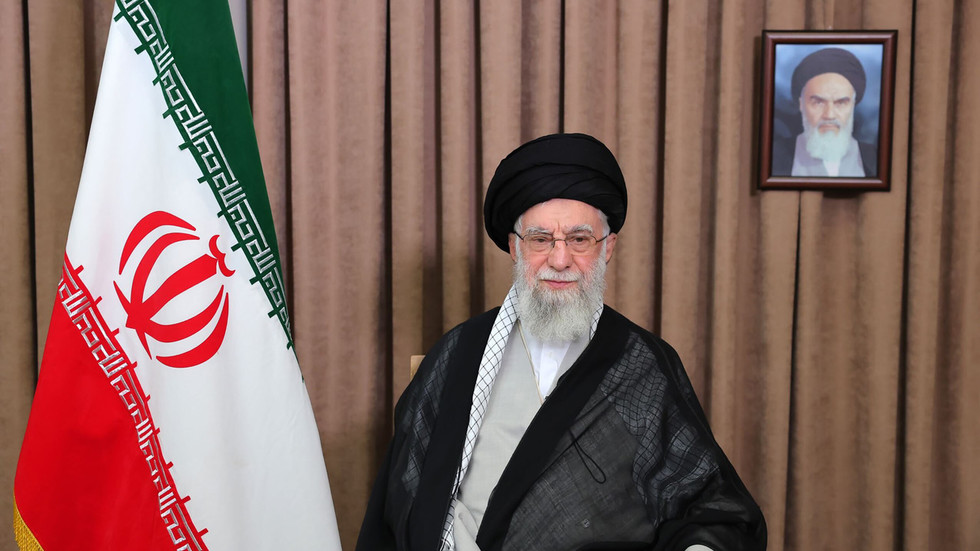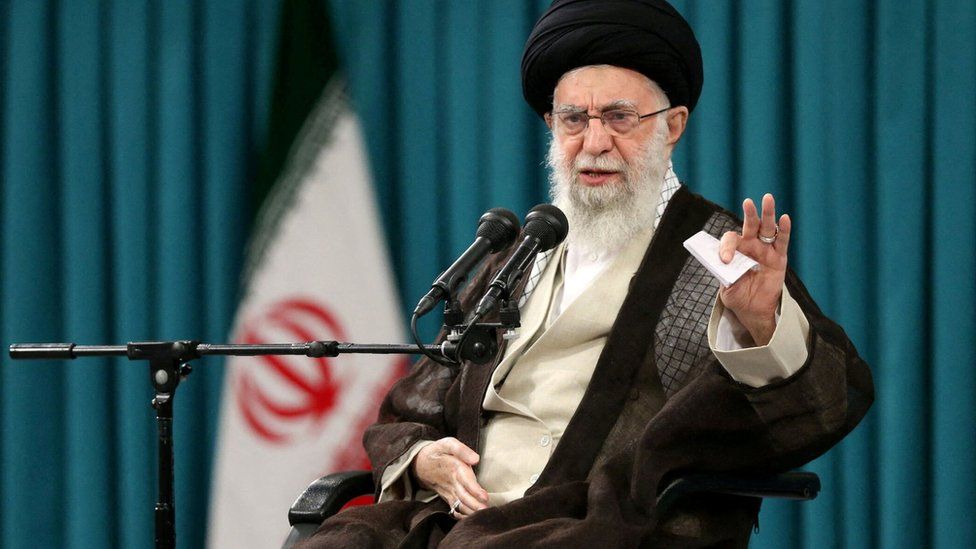A former South African businessman, Angelo Agrizzi, has avoided jail time after entering into a plea deal with state prosecutors. Agrizzi, who previously testified about his role in a widespread government corruption scheme, was sentenced to 40 years in prison, but the sentence was suspended on condition that he cooperates with ongoing investigations.
Agrizzi’s testimony in 2019 before the Zondo Commission, which investigated government corruption, detailed his involvement in delivering bribes to government officials, lawmakers, and other individuals in exchange for lucrative government contracts. As the chief operating officer of a facilities management company, Agrizzi claimed that part of his job involved organizing favors and delivering cash to high-ranking officials, including a former cabinet minister and senior government officials.
The plea deal specifically relates to cases involving the former commissioner and deputy commissioner of South Africa’s Department of Corrections, as well as a former ruling party lawmaker, all of whom are charged with receiving bribes from Agrizzi. Agrizzi pleaded guilty to three counts of corruption and one count of money laundering, and his former company, Bosasa, allegedly secured over $100 million in government contracts through these bribes.
The Zondo Commission, which ran from 2018 to 2022, heard testimony from hundreds of witnesses and shed light on the widespread corruption that occurred under the leadership of former President Jacob Zuma. While several individuals have been implicated in wrongdoing, only a few have been prosecuted, and many connected to the ruling African National Congress party have seemingly avoided charges.
Agrizzi’s case is significant, as it highlights the ongoing efforts to hold those responsible for corruption accountable. The National Prosecuting Authority has faced criticism for the slow pace of prosecutions, and the case has sparked calls for greater action to address corruption in South Africa. Former President Zuma, who was convicted of contempt of court for refusing to testify at the commission, is also facing separate corruption charges, which have yet to go to trial.
The outcome of Agrizzi’s case and the ongoing investigations into government corruption will be closely watched, as South Africa continues to grapple with the legacy of corruption and work towards greater transparency and accountability. With many still awaiting justice, the case serves as a reminder of the need for sustained efforts to combat corruption and ensure that those responsible are held accountable.

![nica inaugurates first female president markie idowu [VIDEO] NICA Installs Markie Idowu As First Female President, Honours Distinguished Nigerians • Channels Television](https://mediatalkafrica.com/wp-content/uploads/2026/03/xNICA-Inaugurates-First-Female-President-Markie-Idowu.jpg.pagespeed.ic.oNHxFaMua0.jpg)

